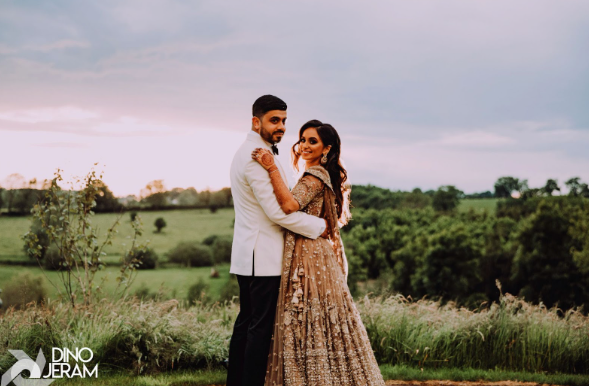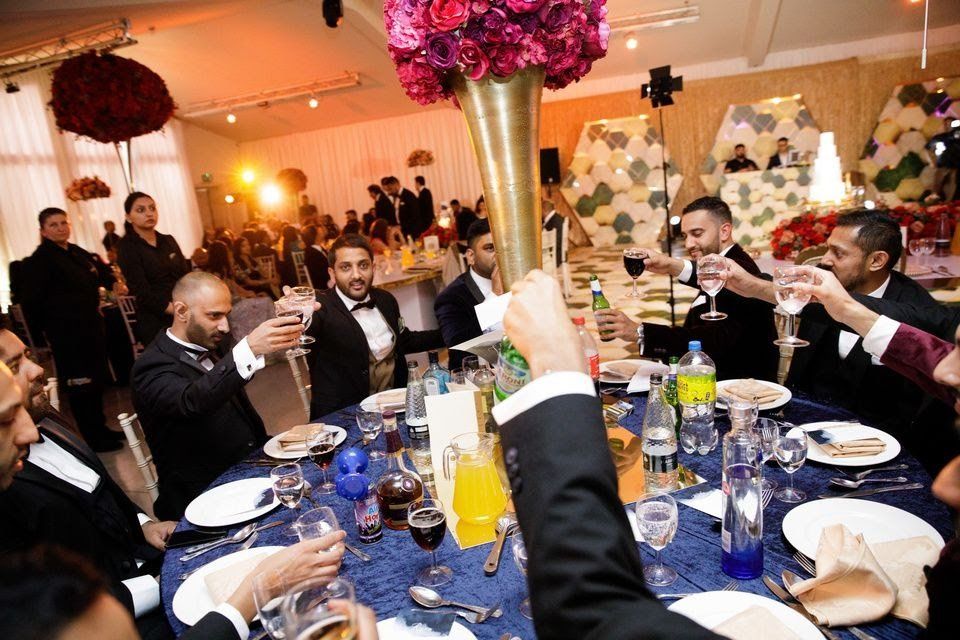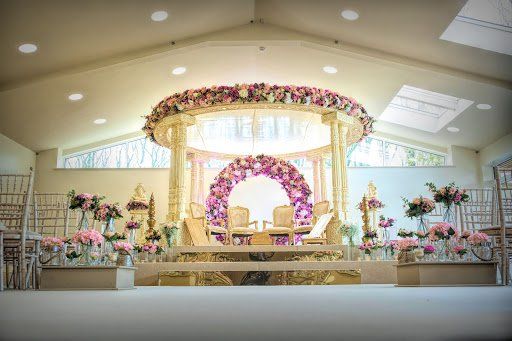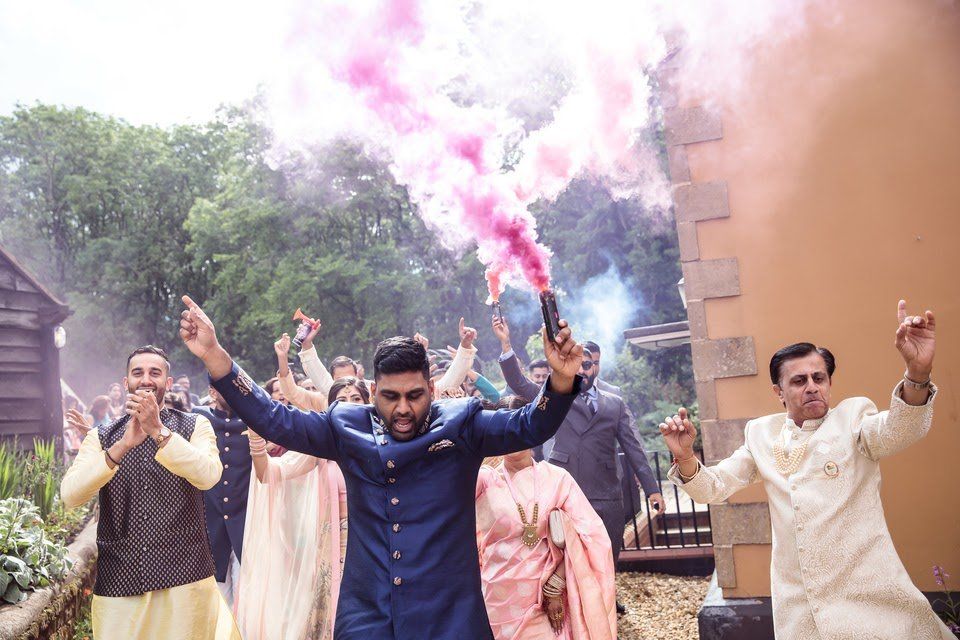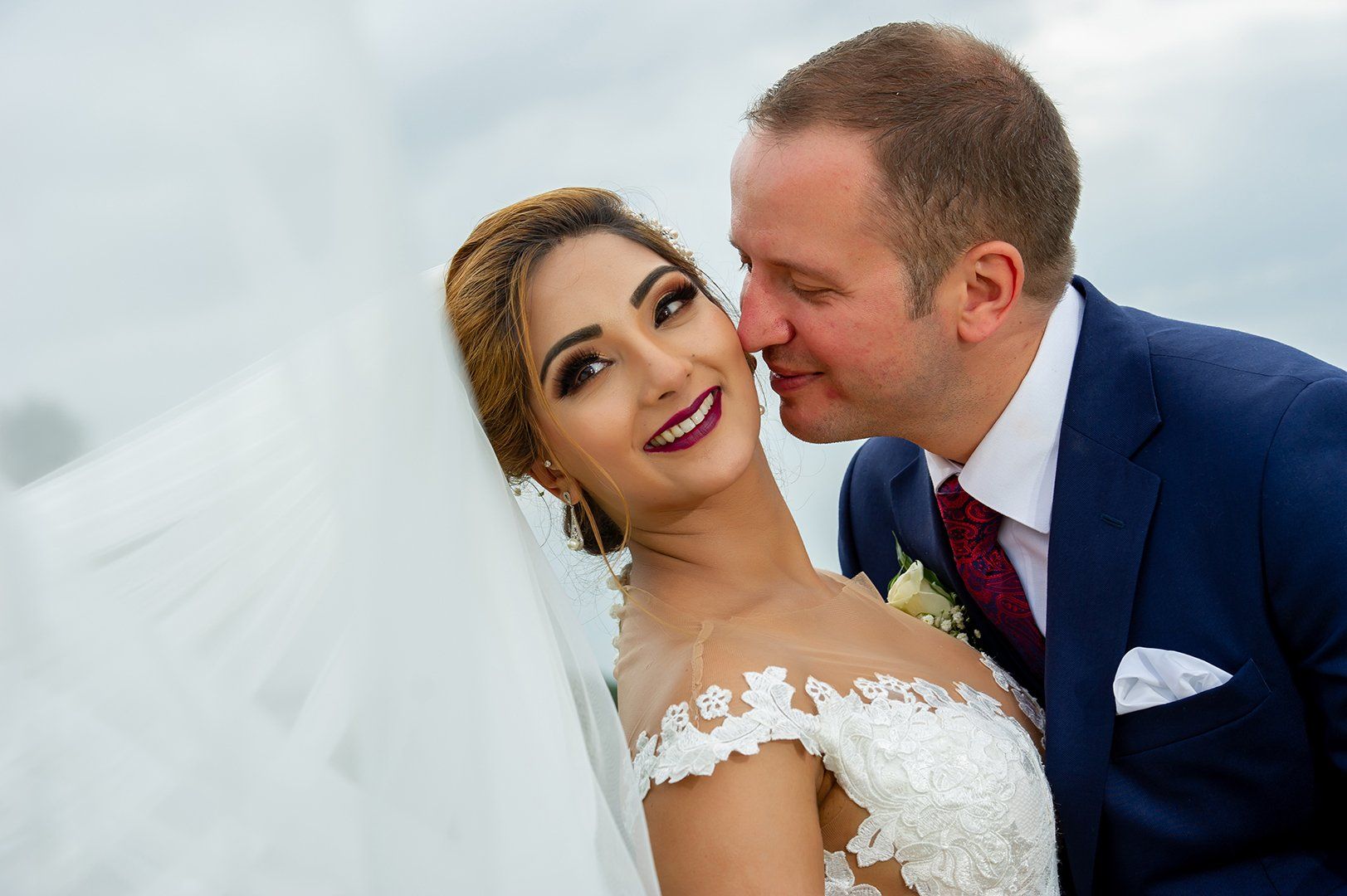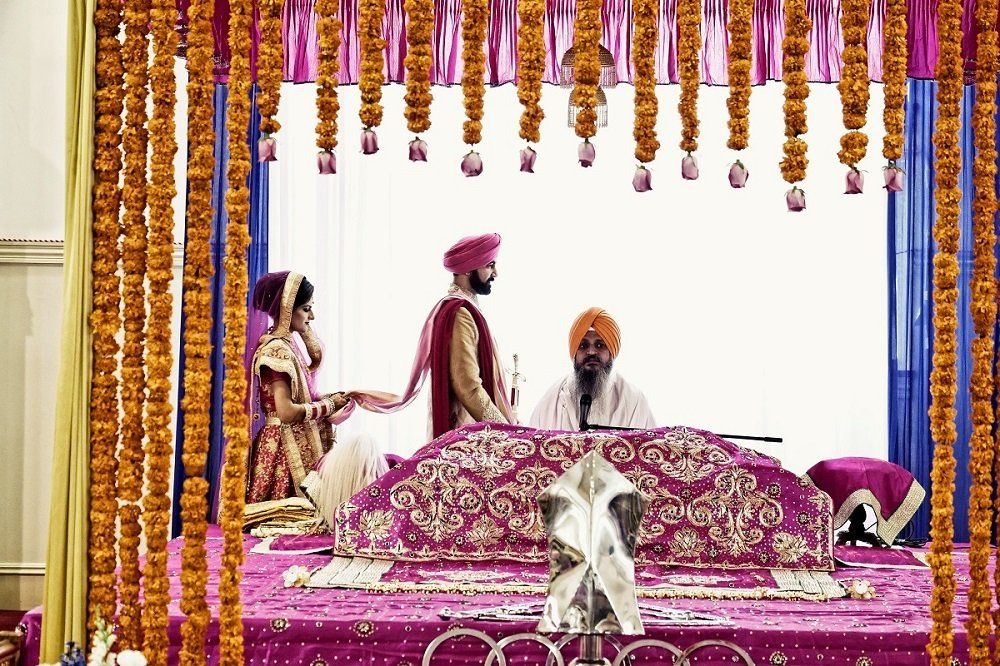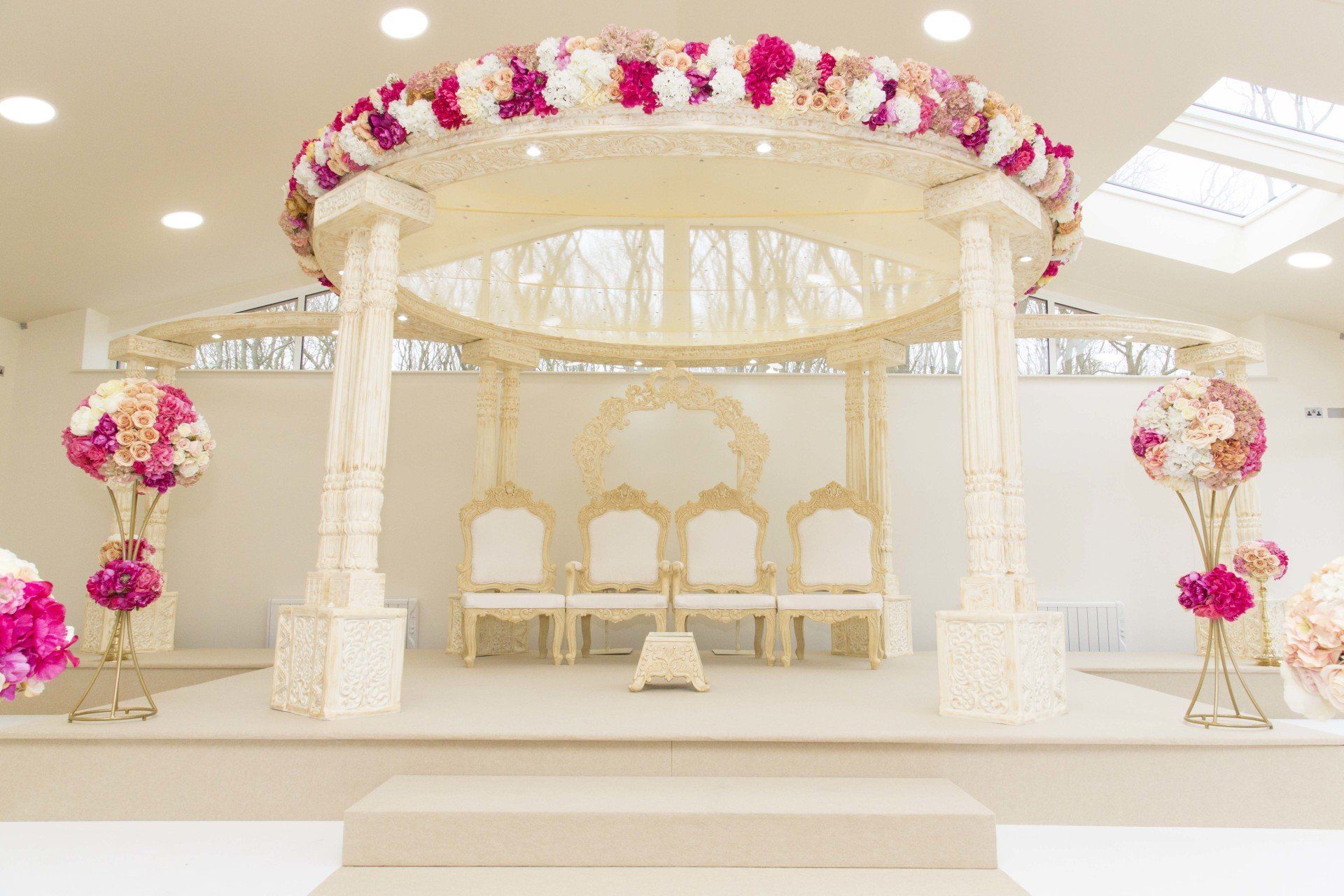Send It With Style With Luxury Indian Wedding Invitations
- by Ladywood Estate Team
- •
- 07 Dec, 2020
- •
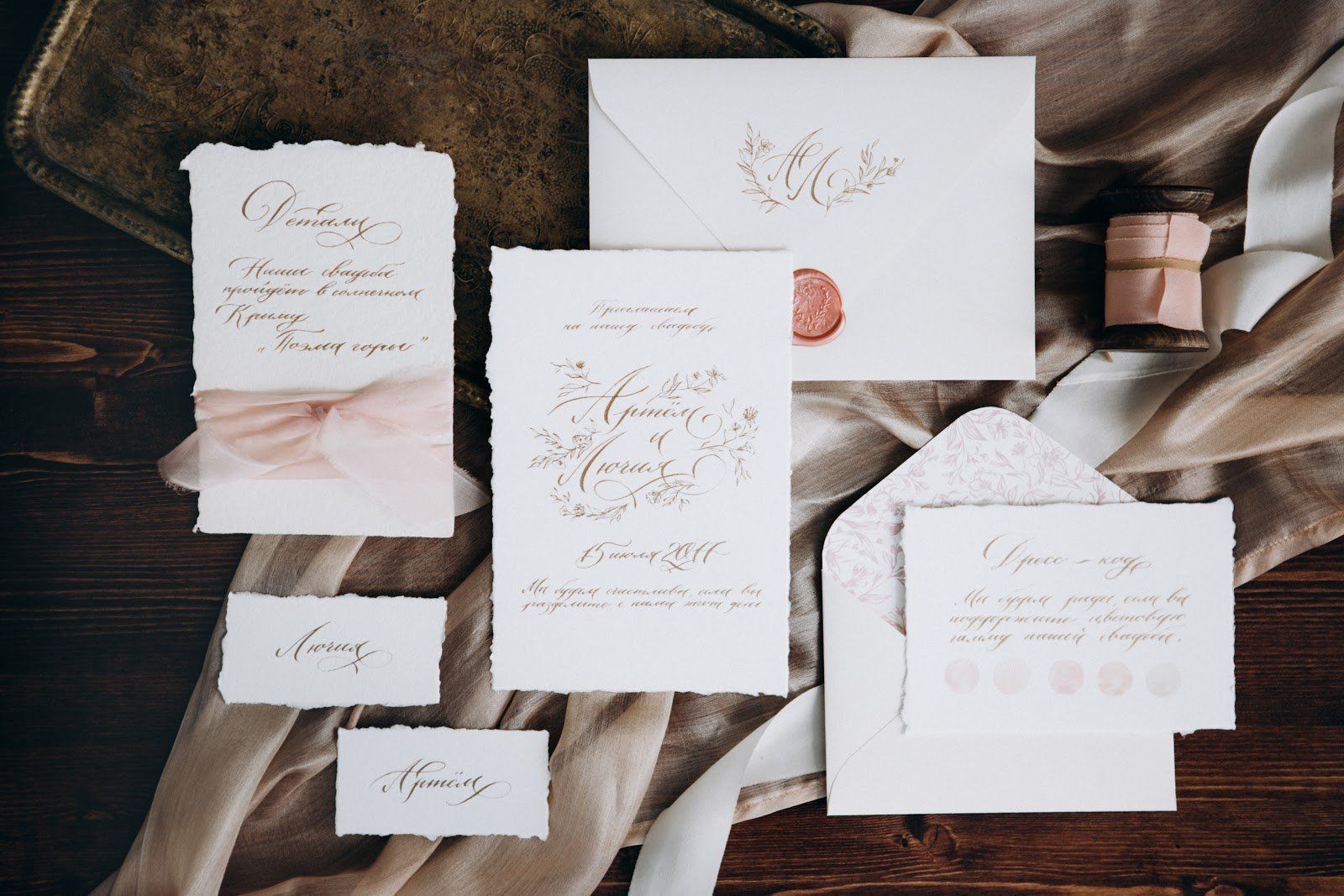
Whether you’re creating your own handmade wedding invitations or you decide to enlist a professional stationer to design them for you, you’ll need to know what to include and which style of font and theme will suit your wedding most.
To make your wedding planning easier, we have compiled a helpful guide outlining how to create your luxury Indian wedding invitations.
What to Include in Wedding Invitations
Your Names
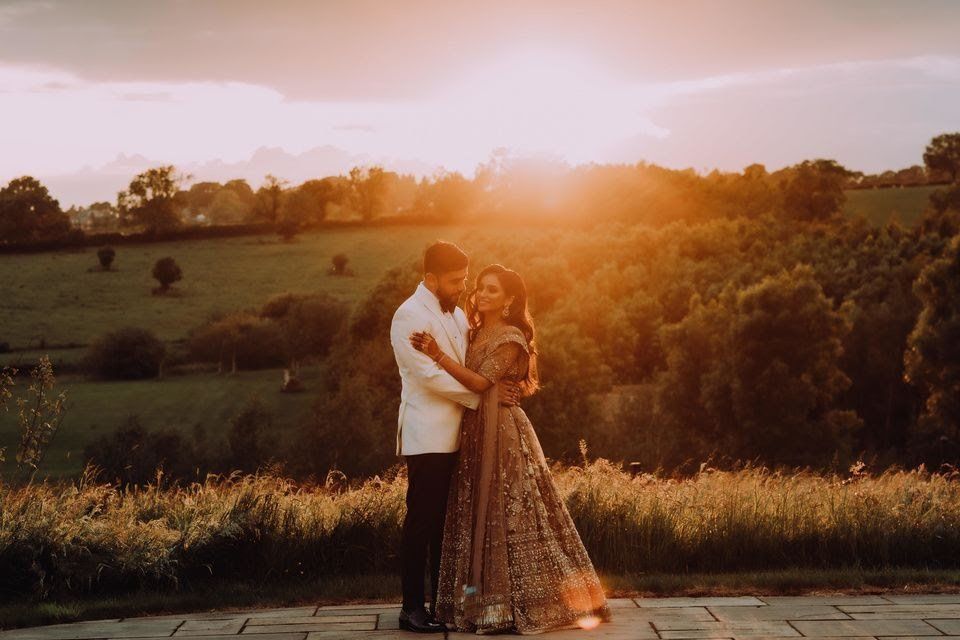
Invitee Names
Some invitations lack information about who is invited to the wedding celebrations. When sending your guests, you should be clear on which members of their households are invited to attend to avoid any confusion or misunderstanding.
Specifically, name each guest and clearly mention whether they are invited alone, with their children or if they are allowed to invite a plus one as well.
Wedding Date and Time
So that your guests know when your wedding celebrations are and if they will be available, you will need to add the date of the wedding and any other celebrations they are involved in. Don’t forget to add all timings so that guests can prepare and understand when their presence is requested.
If you have a collection of guests who are only invited to the evening part of the wedding, you should make sure that each invitation is tailored so that it reflects this.
Venue Details
Note down the details of the venue of your ceremony and if there are any other venues for the Mehendi or other wedding celebrations. You may find it to be less complicated to have separate invitations for other events of your wedding, but it is your choice.
After you have chosen your Asian wedding venue, you’ll need to list the venue details, you should include the venue names, addresses and preferably, directions on how to get there for those who do not live locally in the area.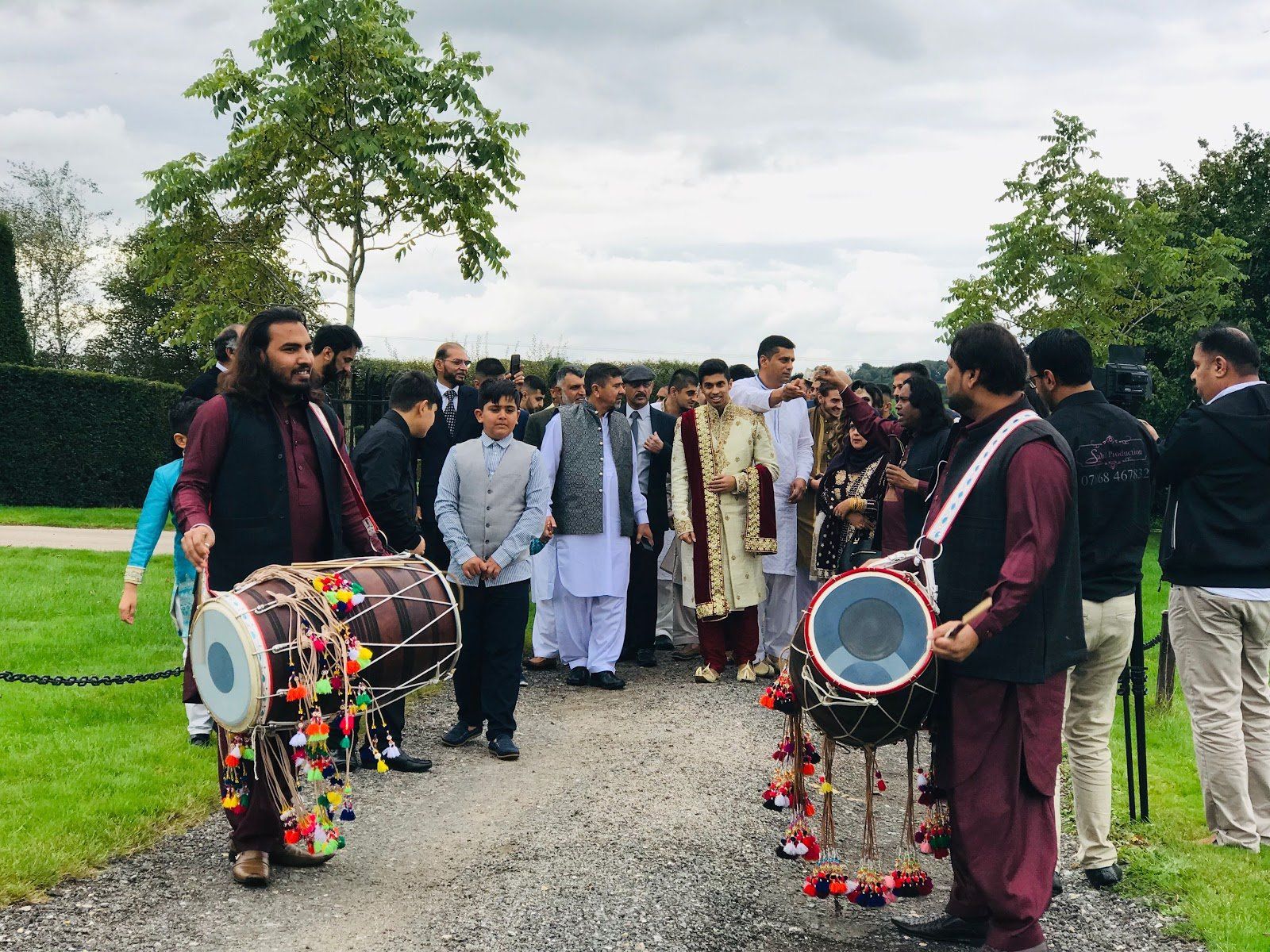
RSVP Requirements
Additional Information
Wedding Venue Directions
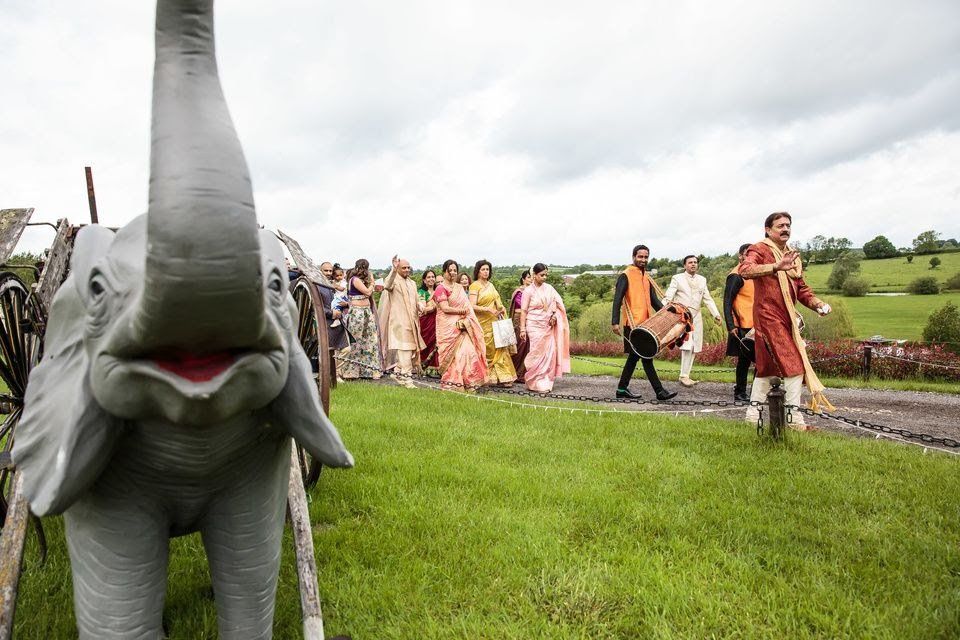
Style of Wedding Invitations
Font
Themes
Whilst wedding invitations are supposed to pay homage to the overall theme of your wedding, they do not always need to. Whilst you may be opting for a traditional Asian wedding, you may like your hobbies, personalities and interests to shine through on your wedding invitations, even if these interests aren’t included on the big day.
It can also help to use template designs which can very easily be found online and will provide an exact structure so that no important details are missed.
Start Preparing for your Special Day
Ladywood Estate is a leading Asian wedding venue in Leicestershire and has a wealth of experience in hosting lavish weddings. The team at Ladywood will ensure that we surpass your expectations.
Working with a choice of Ladywood’s approved interior designers, the happy couple is able to create their own personal, unique wedding. If any of this seems daunting, or you're new to this, or you simply want someone to support you through this exciting time, Ladywood Estate can support you with your wedding planning consultancy.
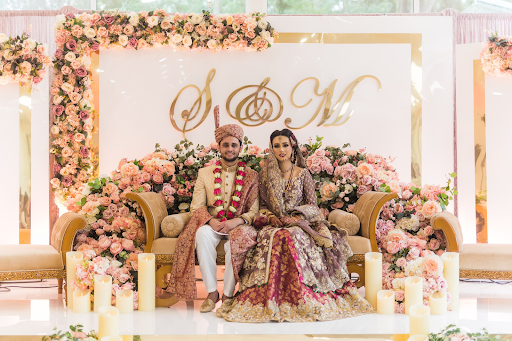
Muslim weddings, known as nikah, are joyous celebrations that blend religious significance with cultural traditions. While the core principles remain consistent across the Islamic world, the specific customs and rituals can vary widely depending on cultural background, geographical location, and family traditions. This comprehensive guide aims to provide an in-depth look at Muslim weddings, covering everything from religious requirements to cultural practices, planning tips, and modern trends.
Whether you're a bride or groom preparing for your own wedding, a family member involved in the planning process, or simply curious about Muslim wedding traditions, this guide will offer valuable insights into the beautiful and diverse world of Islamic marriages.
Pre-Wedding Rituals
Muslim weddings often involve several pre-wedding rituals, which can vary significantly based on cultural traditions. Here's an expanded look at some common pre-wedding events:
Proposal (Khitbah)
Traditionally, the marriage proposal process begins with the groom's family visiting the bride's family to propose marriage formally. In contemporary times, this may occur after the couple has already expressed mutual interest in marrying each other, reflecting evolving social norms.
Etiquette plays an important role in this process. It is customary for the groom's family to bring gifts for the bride's family. These gifts, which may include sweets or flowers, serve as a gesture of goodwill and respect, helping to establish a positive relationship between the two families.
During this visit, families engage in discussions about compatibility, plans, and any potential concerns that may arise regarding the union. These conversations are crucial for ensuring that both families are on the same page and that the couple is well-prepared for their future together.
In some cases, families may perform or request Istikhara, the Islamic prayer of guidance, before deciding. This practice reflects the importance of seeking divine guidance in the decision-making process, reinforcing the significance of faith in the journey toward marriage.
Engagement (Mangni/Nisbah)
Once both families reach an agreement, an engagement ceremony is often held. While this event is not religiously mandated, it is a widely practised cultural tradition that signifies the commitment between the couple and their families.
A pivotal moment during the engagement ceremony involves the exchange of rings. This practice is common in many cultures and symbolises the couple's intention to marry; however, it is important to note that ring exchange is not an Islamic requirement.
The event typically begins with a recitation from the Quran, setting a spiritual tone for the gathering. This recitation blesses the occasion and emphasises the importance of faith in the couple's journey ahead.
As the ceremony unfolds, elders from both families bless the couple. Their words of wisdom and encouragement provide a strong foundation for the couple as they embark on this new chapter in their lives.
The engagement period can vary significantly, lasting anywhere from a few weeks to several months or even years. This flexible timeline allows the couple and their families to prepare for the upcoming wedding and solidify their commitment to one another.
Henna Night (Mehndi)

